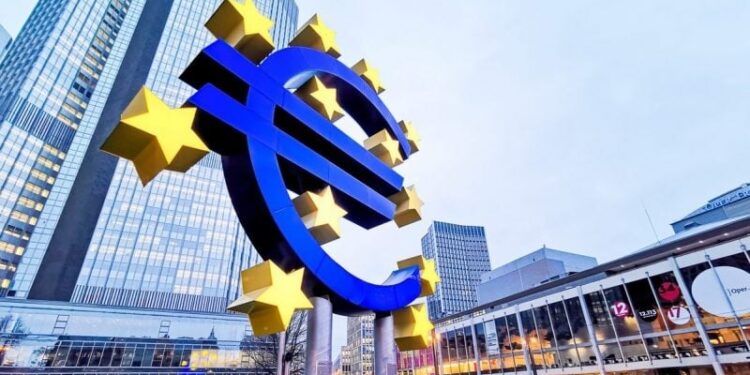By John Ikani
The European Central Bank (ECB) has announced a 25-basis-point reduction in its key interest rate, lowering it from 3.5% to 3.25%.
This marks the third rate cut in 2024, as inflation rates in the eurozone continue to decline, easing the need for tighter monetary policies. The move follows September’s inflation rate of 1.7%, which fell below the bank’s 2% target, down from an initial estimate of 1.8%.
The rate cut was widely anticipated, with both headline and core inflation figures showing consistent downward trends. With inflation dropping to more manageable levels, the ECB no longer faces immediate pressure to raise rates in response to price increases.
Ahead of the decision, key ECB officials, including President Christine Lagarde and Bank of France Governor Francois Villeroy de Galhau, had hinted at such a move. Lagarde expressed optimism, saying she was “confident inflation will return to target in a timely manner.”
This latest adjustment follows previous cuts earlier in the year. The ECB first lowered its benchmark rate from 4% to 3.75% in June, followed by another reduction in September to 3.5%. Market analysts are now predicting another 25-basis-point cut in December, which would bring the rate down to 3%.
The ECB’s decision also comes amid broader concerns about the health of the eurozone economy. Growth has slowed considerably, with third-quarter GDP expected to remain flat.
A combination of tight monetary policies and structural challenges has dampened economic activity, while geopolitical risks and a cooling labor market add to the pressures. Lower interest rates are seen as a way to boost economic growth and address some of these challenges.
By reducing interest rates, the ECB aims to stimulate economic activity, which is expected to benefit traditional equity markets. The easing of monetary conditions could also increase demand for riskier assets, such as Bitcoin, as investors seek higher returns in a more favorable financial environment.




































